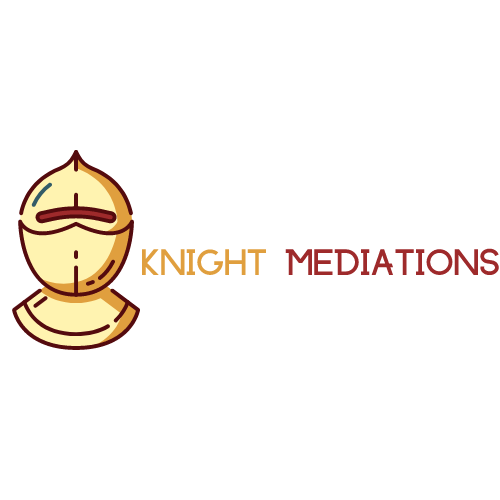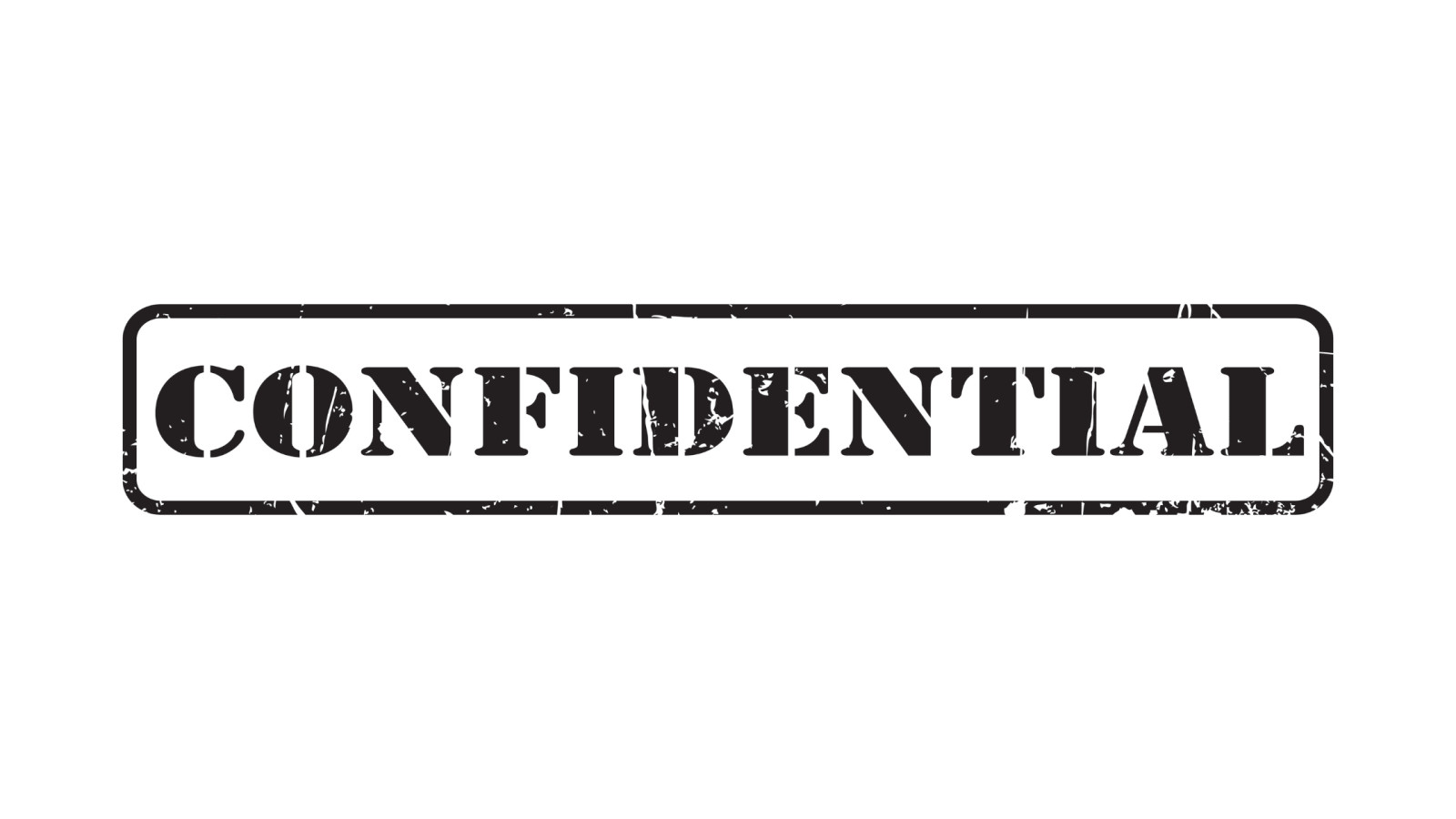Negotiation, often likened to an intricate dance, holds the key to resolving disputes, striking deals, and building lasting relationships. In the fast-paced world of legal proceedings and insurance settlements, honing negotiation skills is an imperative. In this comprehensive guide, we unveil potent strategies tailored for HR professionals, attorneys, paralegals, and insurance adjusters. Brace yourself for a deep dive into the art and science of negotiation that will transform adversaries into partners, and discussions into successful settlements.
The Psychology Behind Effective Negotiation:
Understanding the underlying psychological factors at play during negotiations is crucial. People are driven by emotions, perceptions, and biases. Active listening, empathy, and emotional intelligence can be your secret weapons. Incorporating these soft skills can create an environment conducive to open dialogue, trust-building, and collaboration.
Strategies for Strategic Negotiation:
1. Preparation is Power:
 Before entering negotiations, meticulous preparation is paramount. Analyze the case or situation thoroughly. Anticipate counterarguments and devise creative solutions. By knowing your objectives inside-out, you can navigate the negotiation landscape with confidence.
Before entering negotiations, meticulous preparation is paramount. Analyze the case or situation thoroughly. Anticipate counterarguments and devise creative solutions. By knowing your objectives inside-out, you can navigate the negotiation landscape with confidence.2. Active Listening and Information Gathering:
In negotiations, information is your currency. Master the art of asking probing questions and reading between the lines. By actively listening, you can uncover hidden interests and unexpressed concerns, providing you with a competitive edge.
3. Win-Win Philosophy:
The era of zero-sum negotiation is evolving. Modern negotiations seek mutually beneficial outcomes. Collaborative approaches foster better long-term relationships, as both parties leave the table satisfied. Brainstorm innovative solutions that cater to both sides' interests.
4. Embrace Data and Analytics:
In today's data-driven world, leverage analytics to substantiate your arguments. Back your claims with hard numbers, past precedents, and market trends. This approach adds an objective layer to your negotiation, compelling the other party to consider your proposals more seriously.
The Role of Mediators in Complex Negotiations:
For intricate negotiations requiring finesse and impartiality, hiring a mediator can be a game-changer. A mediator acts as a neutral third party, steering discussions towards fruitful outcomes. Their ability to read between the lines, manage emotions, and identify common ground can transform deadlock situations into breakthrough moments.
A Collaborative Resolution: Company Adjuster and Public Adjuster Success Story
In the aftermath of a devastating storm, a homeowner, Mrs. Johnson, found herself at the intersection of insurance claims, with company adjuster Ms. Allen representing the insurer's interests and public adjuster Mr. Rodriguez advocating for Mrs. Johnson's rights. Initially, tensions ran high as the two sides braced for a potentially adversarial encounter. However, Mr. Rodriguez's strategic decision to prioritize collaboration over conflict led to a transformative outcome. By emphasizing their shared goal of fair resolution and understanding the pressures faced by both sides, Mr. Rodriguez and Ms. Allen began working together. They streamlined the claims process, evaluated damages transparently, and, as a result, not only expedited the settlement but also ensured that Mrs. Johnson received fair compensation, enabling her to not just recover but to upgrade her home. This success story underscores that, in the intricate world of insurance claims, cooperation and a focus on shared interests can lead to efficient and equitable resolutions, benefiting all stakeholders involved.
In a landscape often marked by tension between company adjusters and public adjusters, this real-world example highlights the power of empathy and collaboration. By recognizing the needs and challenges faced by one another, these professionals turned a potentially contentious situation into a mutually beneficial one. It serves as a testament to the idea that, even in the midst of complex insurance claims, the path to resolution need not be confrontational; instead, it can be paved with open communication, transparency, and a commitment to achieving the best outcomes for all parties.
Conclusion:
Negotiation isn't just a skill; it's an art form. It's the ability to lead, listen, and ultimately, craft agreements that everyone can stand behind. In the intricate world of legal negotiations and insurance settlements, the stakes are high. Armed with an arsenal of psychological insights and strategic approaches, you can elevate your negotiation prowess and turn every discussion into a triumph.
Remember, the negotiation table isn't just where deals are struck; it's where relationships are forged. So, step onto the stage with confidence, equipped with these powerful strategies, and dance your way to success in settlement discussions.
Keywords:
Negotiation strategies, settlement discussions, effective negotiation, psychology of negotiation, strategic negotiation, mediation in negotiation, successful negotiations, win-win negotiation, negotiation skills, insurance settlement, legal proceedings, HR negotiation, professional negotiation.




















